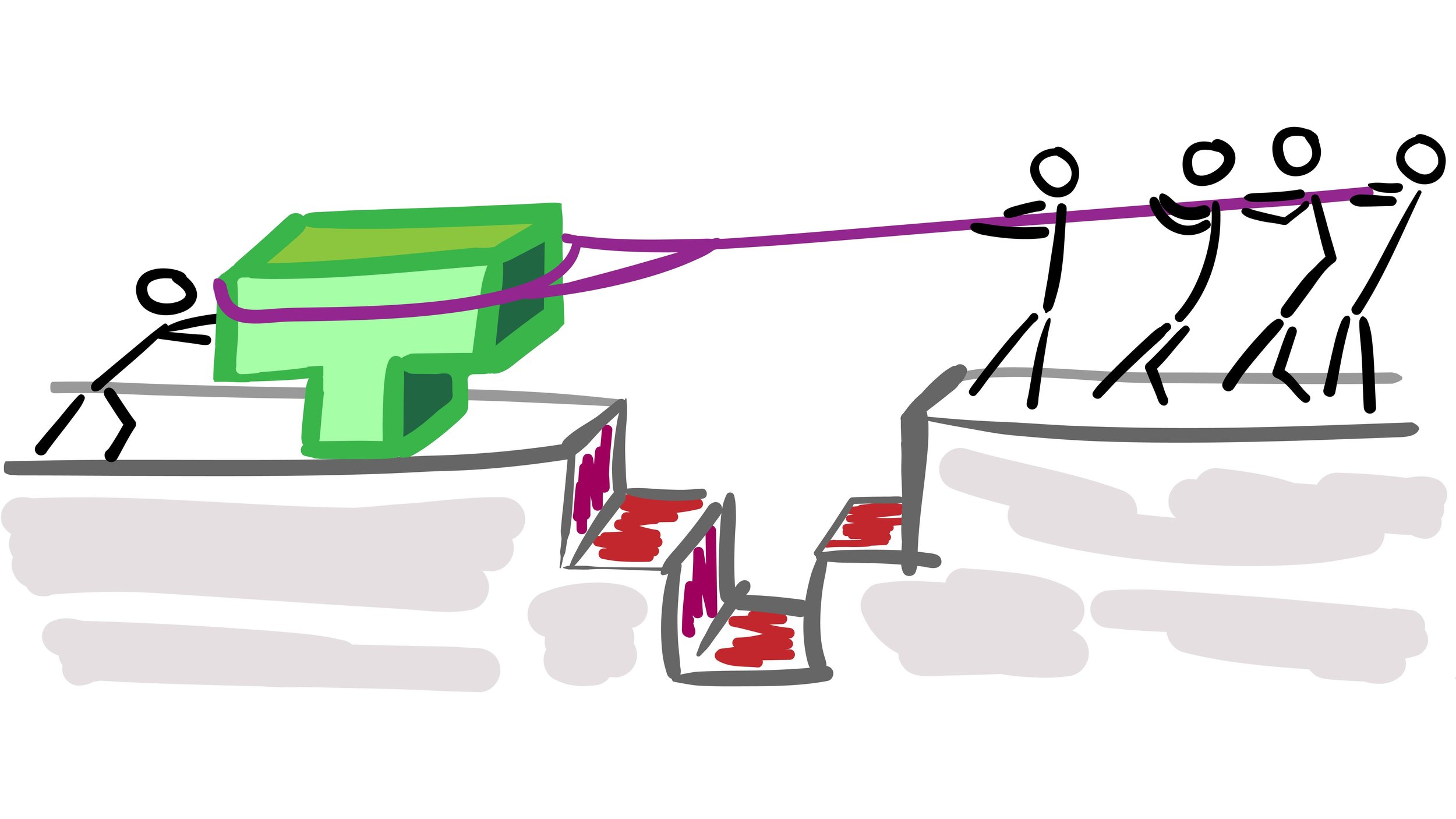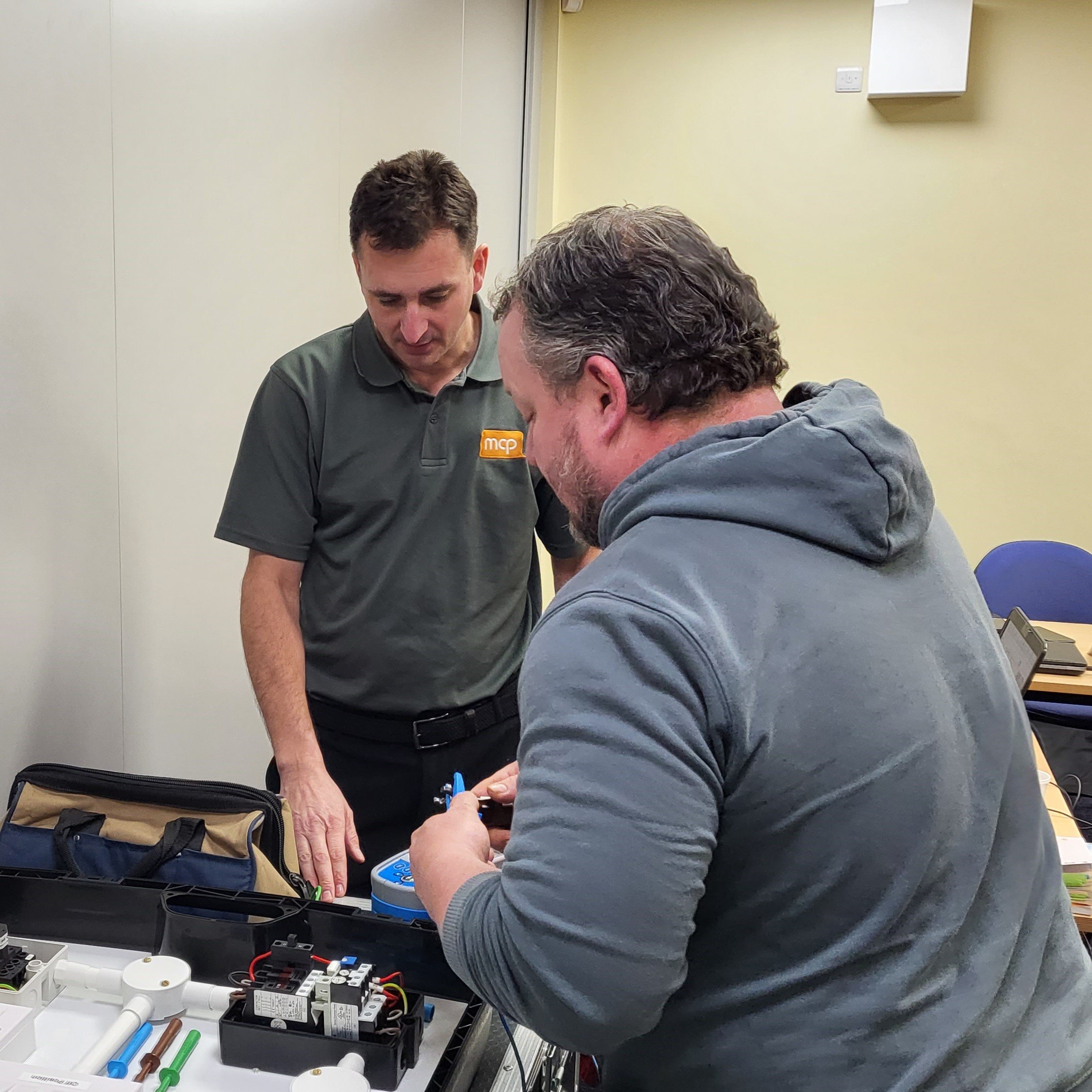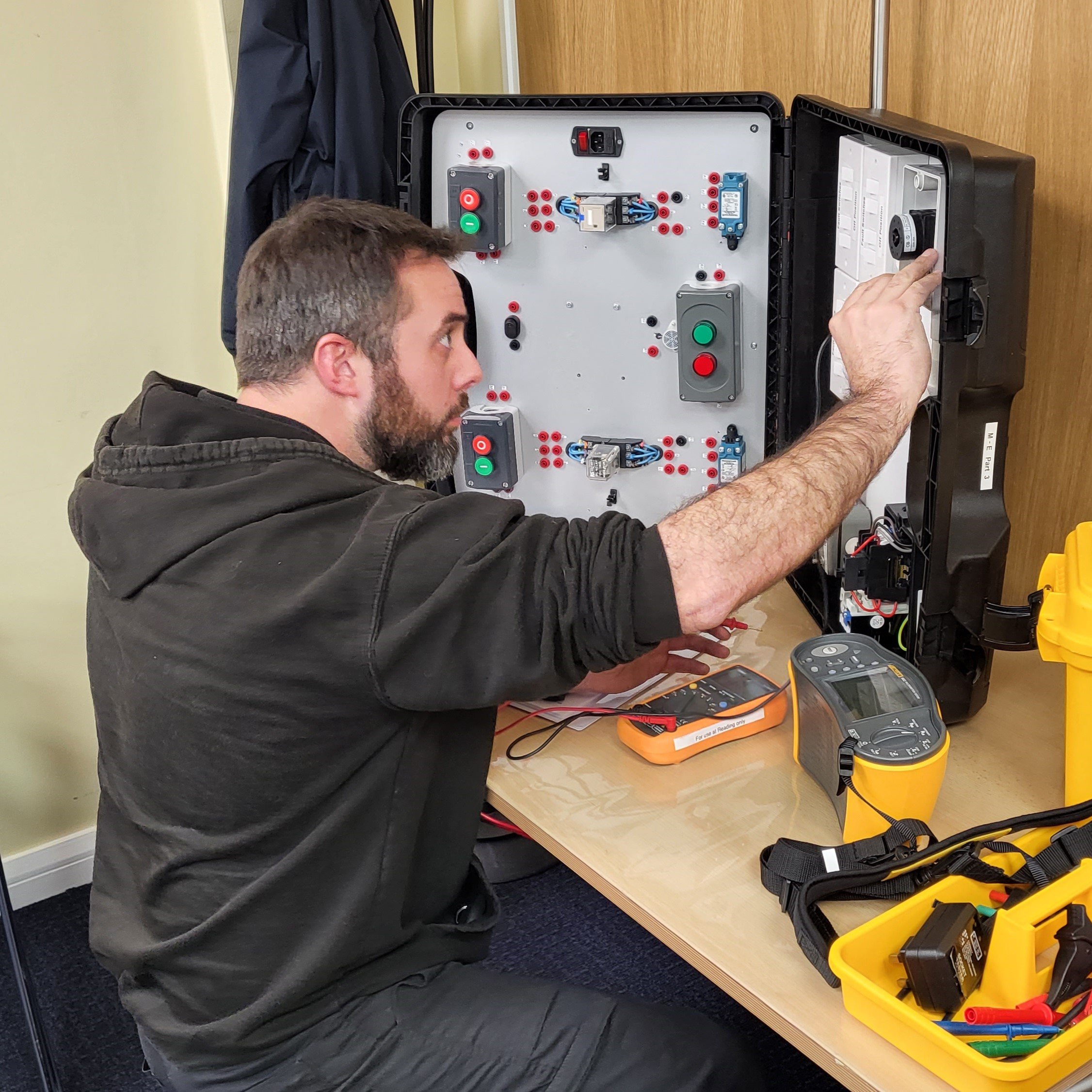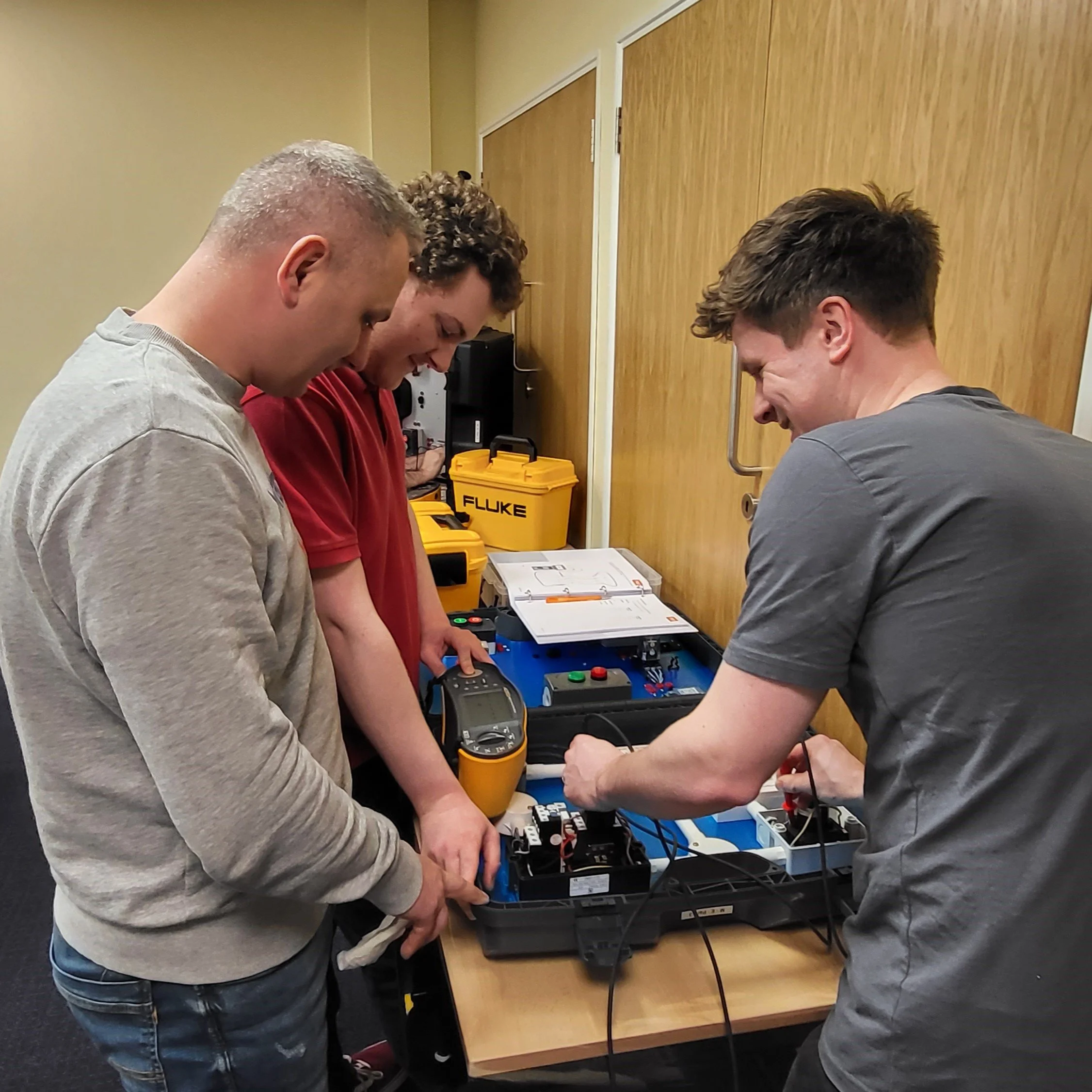Closing Skills Gaps
Can we help you close your skills gaps?
As a maintenance manager, you don’t need us to tell you that there is a shortage of technical skills in the UK.
Skilled Worker visa: shortage occupations - GOV.UK (www.gov.uk)
According to gov.uk, there are shortages of mechanical, electrical, electronic, production and process engineers. Many of the UK based maintenance technicians are retiring. According to the ECITB report, written in 2018, around 20% of the talent pool will have retired between 2018 and 2026.
Reduced immigration levels and the lack of take up of the apprentice levy have not helped bolster your maintenance workforce either.
So, what can you do?
Provided your existing technicians have got some capacity, you can multi-skill them. MCP has been giving single-skilled technicians additional skills in mechanical, electrical and instrumentation for more than 18 years.
It’s breadth not depth of skills
Very rarely does a maintenance technician rewind a motor in the workshop. It is far more likely that a motor is scrapped or sent to a contractor to refurbish. The multi-skilled technician’s role is to maximise the uptime of the asset.
This involves fault diagnosis, remedial work and then root cause analysis to prevent the fault reoccurring.
Where did multi-skilling start?
Multi-skilling started in the automotive industry. There was a need to keep the assembly line going, so mechanical fitters were trained in high-frequency low-risk electrical tasks so that the fitter did not need to wait for an electrician to isolate and disconnect the motor before the fitter changed the gearbox.
In the utilities industry, some water companies went a stage further by giving the mechanical fitters electrical, and instrumentation skills. Why have three vans at an outlying pumping station when a single multi-skilled technician could complete most of the day-to-day tasks?
Pareto strikes again!
In some environments, 20% of maintenance skills address 80% of jobs.
Focused training, particularly that aimed at multi-skilling of maintenance staff, can be a powerful force in addressing current skills shortages.
Some of the benefits of multi-skilling include:
Motivation and development of staff
Improved staff retention
Formal targeted training with direction and end focused on business needs
Encouragement of teamwork through coach and assessor, communicating more with opposite trade
Refocused training budget
Standard Operating Procedures (SOPs) and training packages are written around business needs
Safe job; Timely job; Right first-time job
Improved productivity as downtime is reduced, due to increased skills base
Cross cover of skills in event of absenteeism, sickness, etc
Nationally recognised qualifications where appropriate; skills are validated
Training records meet and exceed those required by HSE etc.
The government wants to see competence at work
Transforming the training model through a multi-skilling training programme
Technical and management skills training are the best investment to make in your business. A business should never stand still and staff development is a key asset to drive the business forward. The benefits of ongoing workforce development will improve more than just your bottom line.
Fast-changing regulations, rapidly advancing technology and customer aspirations, mean that it is essential to keep staff up to speed with developments in technology, standards and regulation. By providing robust training staff will be more motivated, skilful, knowledgeable and productive.








